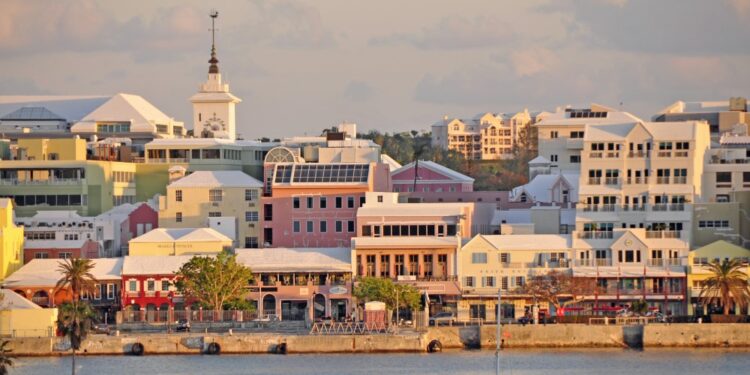The cost of living is the amount of money needed to sustain a certain standard of living by affording basic expenses. A cost of living index measures the differences in the price of goods and services over periods or between cities, regions, and countries. Paying for necessities like housing, power, water, food, clothing, healthcare, transportation, among other basic expenses can add up. But in some of the countries, the cost of living is astronomical, making it a struggle for many individuals and families to make a living. However, even if a country has cheap rent and bargain prices on food, it could be pricey in other areas.
High taxes, low wages and above-average transportation costs can all contribute to a high cost of living for residents. If you are thinking of relocating, then you may want to consider the cost of living in your preferred country before making the decison. A high cost of living can impact a country’s quality of life in many ways. For those on the lower end of the economic scale, a high cost of living can make it difficult to keep up with the cost of necessities. A high cost of living can even make a country less appealing to vacationers and ex-pats, who get less for their money than they might elsewhere.
Here are the top 20 most expensive countries in the world to live in.
| Rank | Country | Cost of Living Index |
| 1. | Bermuda | 147.51 |
| 2. | Switzerland | 125.02 |
| 3. | Norway | 103.56 |
| 4. | Iceland | 99.67 |
| 5. | Barbados | 94.44 |
| 6. | Jersey | 94.43 |
| 7. | Denmark | 88.53 |
| 8. | Luxembourg | 85.30 |
| 9. | Israel | 84.77 |
| 10. | Bahamas | 84.32 |
| 11. | Singapore | 82.63 |
| 12. | Japan | 81.15 |
| 13. | Hong Kong | 80.82 |
| 14. | Australia | 80.75 |
| 15. | Netherlands | 78.93 |
| 16. | Ireland | 78.55 |
| 17. | France | 77.59 |
| 18. | South Korea | 76.46 |
| 19. | Finland | 76.35 |
| 20. | New Zealand | 76.31 |


































































































































































































